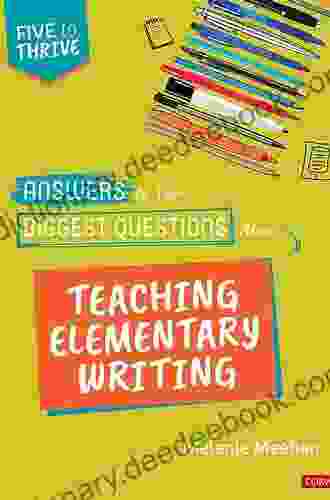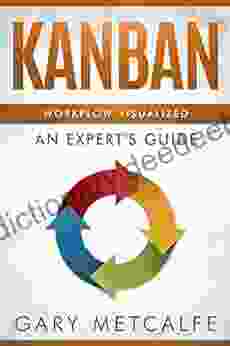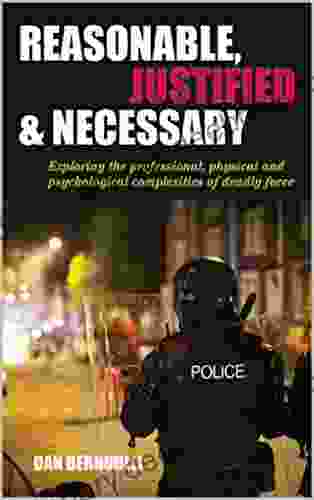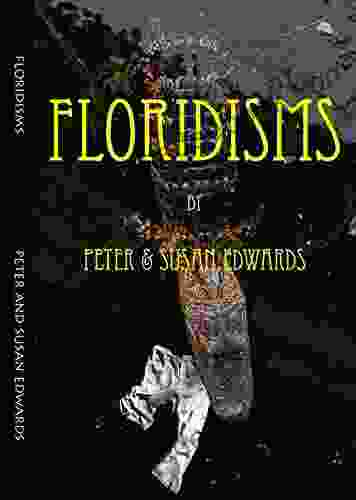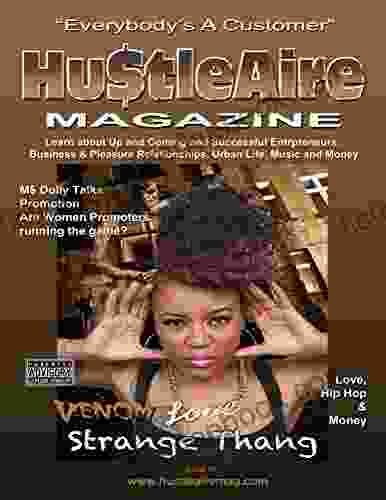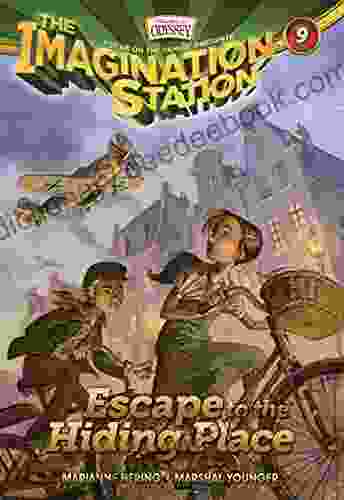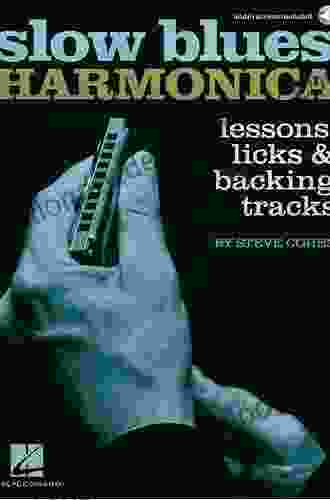Answers to Your Biggest Questions About Teaching Elementary Reading

Teaching elementary reading is a challenging but rewarding profession. It can also be a bit overwhelming, especially for new teachers. Here are answers to some of the most common questions about teaching reading, including how to help struggling readers, how to make reading fun, and how to assess reading progress.
5 out of 5
| Language | : | English |
| File size | : | 50713 KB |
| Text-to-Speech | : | Enabled |
| Screen Reader | : | Supported |
| Enhanced typesetting | : | Enabled |
| Word Wise | : | Enabled |
| Print length | : | 192 pages |
How can I help struggling readers?
There are many different ways to help struggling readers. Some of the most effective strategies include:
- Provide extra support. Struggling readers may need extra help with decoding, fluency, and comprehension. This can be provided through small group instruction, one-on-one tutoring, or computer-assisted instruction.
- Make reading meaningful. Struggling readers are more likely to be motivated to read if they can see the purpose for reading. This means connecting reading to their interests and experiences, and providing them with opportunities to read real-world texts.
- Use multisensory activities. Struggling readers often learn best when they can engage multiple senses in the learning process. This can be done through activities such as reading aloud, playing word games, and using manipulatives.
- Be patient and encouraging. Struggling readers need to know that you believe in them. Be patient and encouraging, and celebrate their successes, no matter how small.
How can I make reading fun?
Making reading fun is essential for motivating students to read. Here are a few ideas:
- Read aloud to your students. Reading aloud is a great way to introduce students to new books and authors, and to help them develop a love of reading. Choose books that are interesting and engaging, and read with enthusiasm.
- Create a print-rich environment. Make sure your classroom is filled with books, magazines, and other reading materials. Encourage students to bring books from home, and provide them with opportunities to read throughout the day.
- Play reading games. There are many different reading games that can help students learn and practice reading skills. Games like Bingo, Concentration, and Charades can be adapted to focus on specific reading skills, such as phonics, vocabulary, and comprehension.
- Let students choose their own books. Students are more likely to be motivated to read if they can choose books that they are interested in. Provide students with a variety of books to choose from, and encourage them to explore different genres and authors.
How can I assess reading progress?
Assessing reading progress is important for tracking students' growth and identifying areas where they need additional support. Here are a few different ways to assess reading progress:
- Running records. Running records are a type of informal assessment that can be used to assess students' reading fluency and comprehension. To conduct a running record, simply observe a student as they read aloud, and record their errors and miscues. This information can then be used to identify areas where the student needs additional support.
- Oral reading assessments. Oral reading assessments are another type of informal assessment that can be used to assess students' reading fluency and comprehension. To conduct an oral reading assessment, ask a student to read aloud from a text, and then ask them questions about what they have read. This information can be used to identify areas where the student needs additional support.
- Standardized tests. Standardized tests are formal assessments that are used to compare students' reading skills to national norms. Standardized tests can be helpful for identifying students who are struggling with reading, and for tracking students' progress over time.
Teaching elementary reading is a challenging but rewarding profession. By using effective instructional strategies, creating a positive learning environment, and assessing students' progress regularly, you can help your students become successful readers.
5 out of 5
| Language | : | English |
| File size | : | 50713 KB |
| Text-to-Speech | : | Enabled |
| Screen Reader | : | Supported |
| Enhanced typesetting | : | Enabled |
| Word Wise | : | Enabled |
| Print length | : | 192 pages |
Do you want to contribute by writing guest posts on this blog?
Please contact us and send us a resume of previous articles that you have written.
 Book
Book Novel
Novel Page
Page Genre
Genre Reader
Reader E-book
E-book Newspaper
Newspaper Paragraph
Paragraph Sentence
Sentence Bookmark
Bookmark Shelf
Shelf Bibliography
Bibliography Preface
Preface Synopsis
Synopsis Footnote
Footnote Manuscript
Manuscript Scroll
Scroll Codex
Codex Tome
Tome Biography
Biography Autobiography
Autobiography Memoir
Memoir Dictionary
Dictionary Narrator
Narrator Character
Character Resolution
Resolution Catalog
Catalog Borrowing
Borrowing Archives
Archives Research
Research Scholarly
Scholarly Lending
Lending Academic
Academic Reading Room
Reading Room Rare Books
Rare Books Interlibrary
Interlibrary Literacy
Literacy Study Group
Study Group Thesis
Thesis Awards
Awards Brianna Labuskes
Brianna Labuskes David Boud
David Boud Len Rutledge
Len Rutledge Nhi T Lieu
Nhi T Lieu Thomas C Crochunis
Thomas C Crochunis Sandy Landsman
Sandy Landsman Heinz Kohler
Heinz Kohler Jim Scorzelli
Jim Scorzelli Zachary Lazar
Zachary Lazar Edward M Steel
Edward M Steel Leandro Martino
Leandro Martino Billy Chapata
Billy Chapata Tom Mazorlig
Tom Mazorlig Susan Jaques
Susan Jaques Daniel Guyton
Daniel Guyton Caroline Stevermer
Caroline Stevermer Derek Graham
Derek Graham Riley Edwards
Riley Edwards Ernest J Gaines
Ernest J Gaines Mario Levrero
Mario Levrero
Light bulbAdvertise smarter! Our strategic ad space ensures maximum exposure. Reserve your spot today!
 Seth HayesFollow ·11.1k
Seth HayesFollow ·11.1k Benji PowellFollow ·3.7k
Benji PowellFollow ·3.7k Bo CoxFollow ·13.6k
Bo CoxFollow ·13.6k Angelo WardFollow ·8.2k
Angelo WardFollow ·8.2k Stephen FosterFollow ·13.6k
Stephen FosterFollow ·13.6k Edison MitchellFollow ·17.8k
Edison MitchellFollow ·17.8k Rick NelsonFollow ·18k
Rick NelsonFollow ·18k Melvin BlairFollow ·8.3k
Melvin BlairFollow ·8.3k
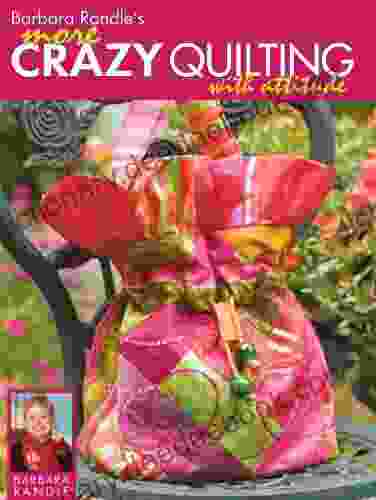
 Jerome Powell
Jerome PowellBarbara Randle: More Crazy Quilting With Attitude -...
A Trailblazing Pioneer in...

 Jan Mitchell
Jan MitchellLapax: A Dystopian Novel by Juan Villalba Explores the...
In the realm of dystopian literature, Juan...

 Rodney Parker
Rodney ParkerOur Mr. Wrenn: The Romantic Adventures of a Gentle Man
Our Mr. Wrenn is a 1937 novel...
5 out of 5
| Language | : | English |
| File size | : | 50713 KB |
| Text-to-Speech | : | Enabled |
| Screen Reader | : | Supported |
| Enhanced typesetting | : | Enabled |
| Word Wise | : | Enabled |
| Print length | : | 192 pages |


